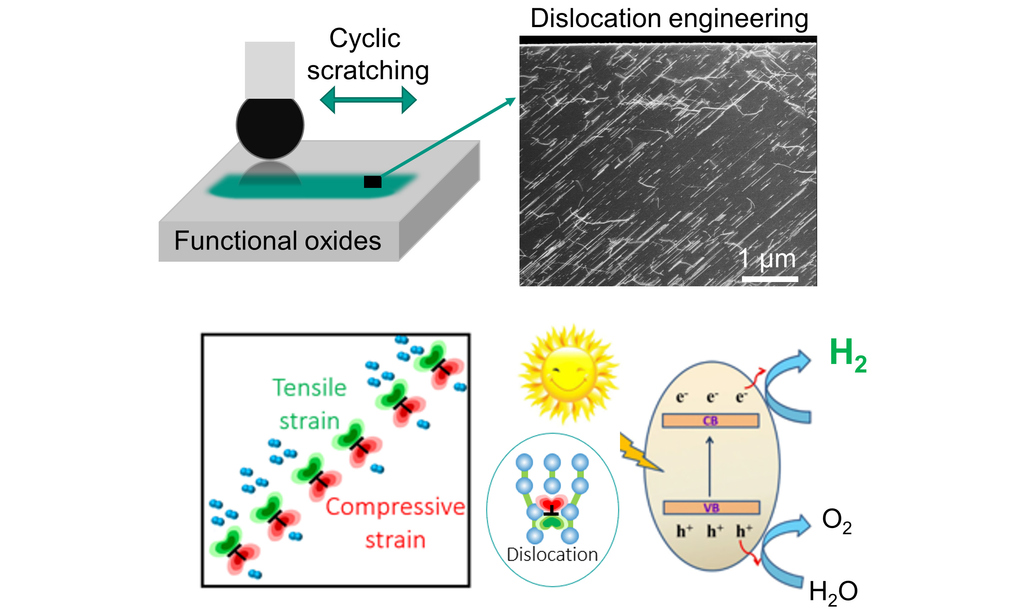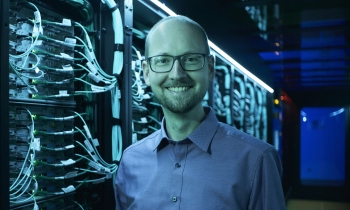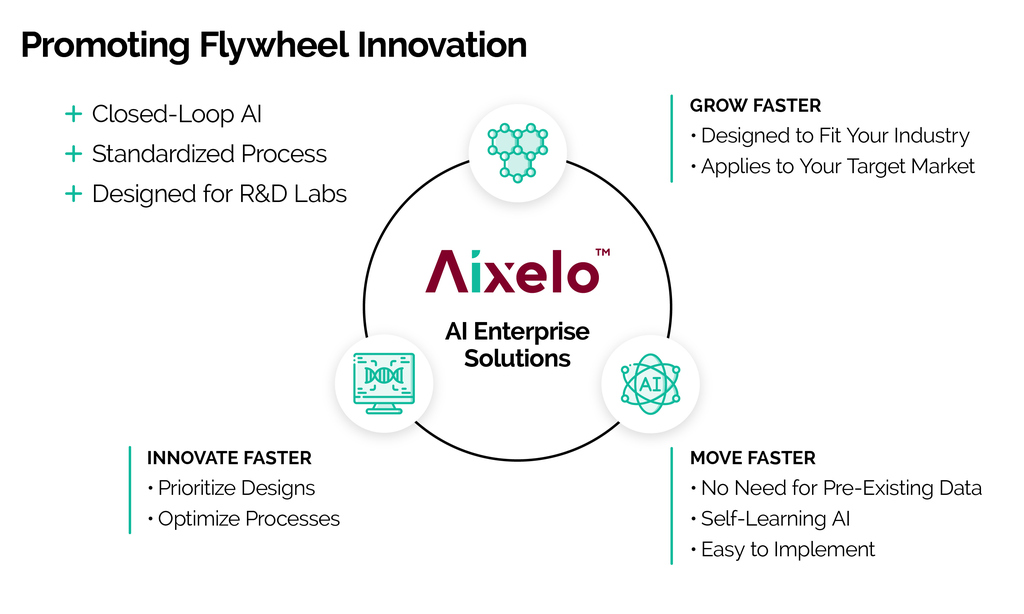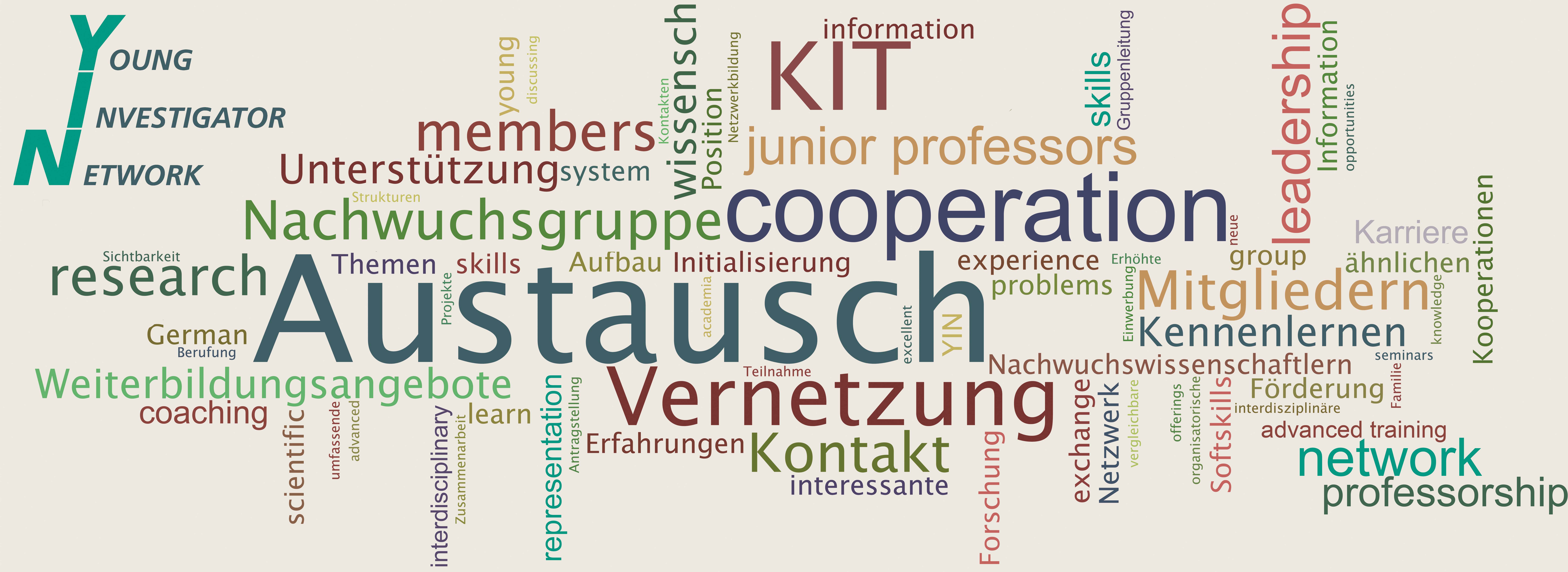The Young Investigator Network is the platform and democratic representation of interests for independent junior research group leaders and junior professors at the Karlsruhe Institut of Technology.
Peer Community
Representation of Interests
Professional Development
Academic Leadership
Individual Support
Funding Opportunities

This year’s three YIN grants are addressing critical issues related to climate change. The YIN Award 2025 for the best grant proposal goes to Xufei Fang and YIN Alumnus Christian Greiner. Their project aims to significantly boost the production and transportation of hydrogen as a sustainable energy source by engineering high-density dislocations in functional oxides. Maryna Meretska and Christian Sprau will develop light management metasurfaces to enhance the efficiency of organic solar cells, which are a promising alternative to traditional solar cells. With the third grant, Johanna Schröder and Moritz Wolf will investigate new catalyst materials to improve hydrogen production through water electrolysis.
More about the YIN Grants
The Manfred Fuchs Prize honors young researchers in Baden-Württemberg for outstanding scientific achievements and bridging different academic cultures. In 2025, the Heidelberg Academy of Sciences awarded Pascal Friederich for his work on artificial intelligence in the development of new chemical materials with application-specific properties. As there is an almost infinite number of possible materials to be obtained, Friederich's approach is to combine existing knowledge and large amounts of data with machine learning and algorithms in order to not only develop suitable materials, but also to finely simulate their properties. This accelerates existing processes and has the potential to deliver solution-orientated materials.
Heidelberg Academy of Sciences
The spin-off company Aixelo helps chemical and materials industries to integrate artificial intelligence into their daily research and development processes. Aixelo stands for AI-Accelerated Operations and has the goal to speed up product development and enable groundbreaking innovation. The software acts as a ‘translator’ between chemistry and data science projects: it breaks down complex AI tools so that they can be used visually and intuitively. This allows chemists to focus on the science while the software analyses the data and makes suggestions in the background. Among the founders are YIN member Pascal Friederich and YIN alumnus Manuel Tsotsalas.
Interview